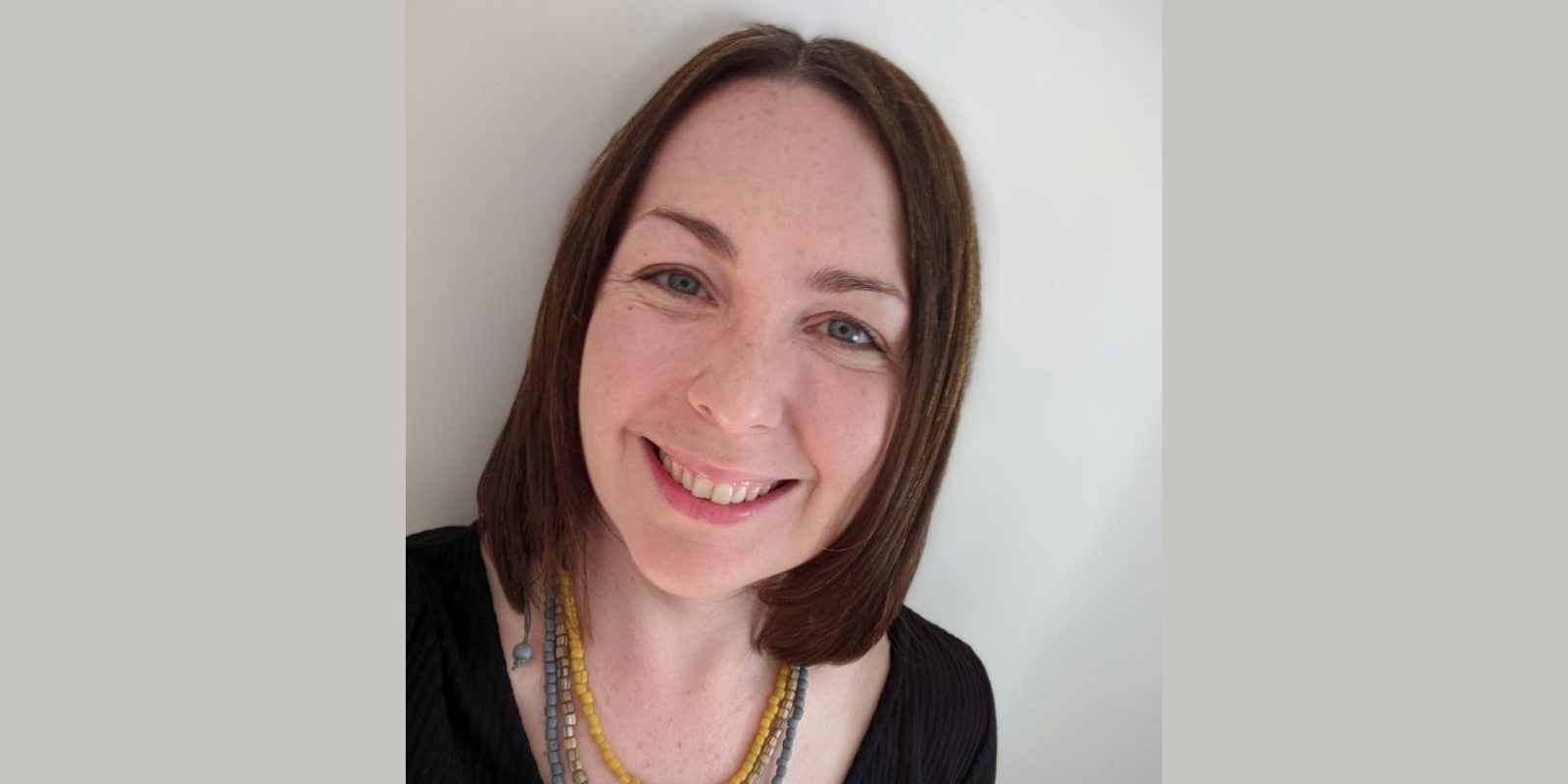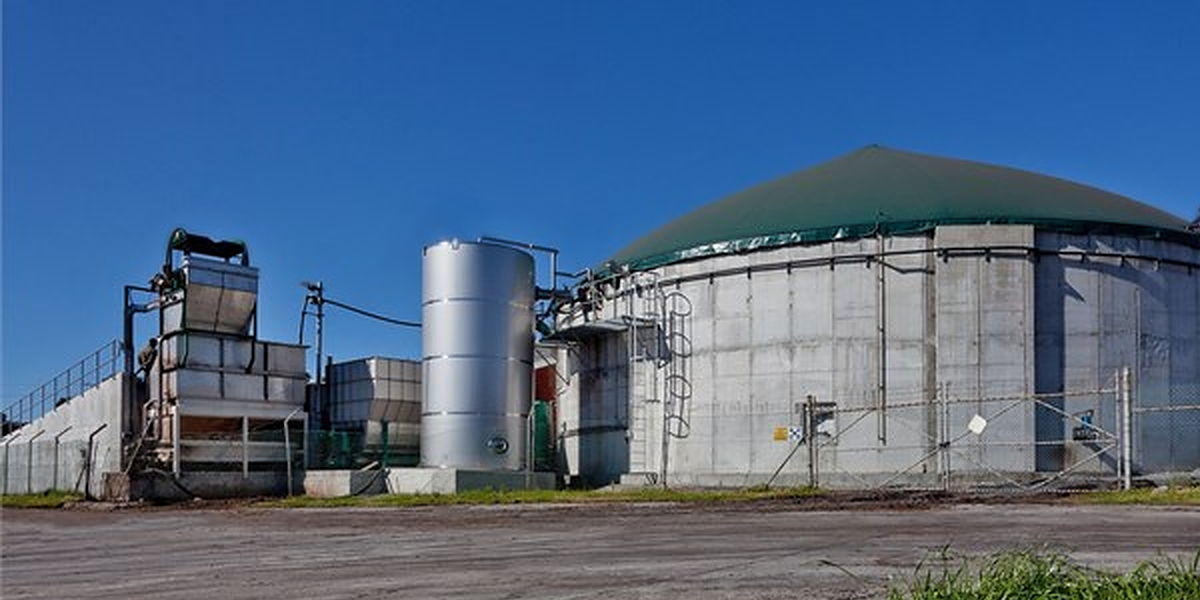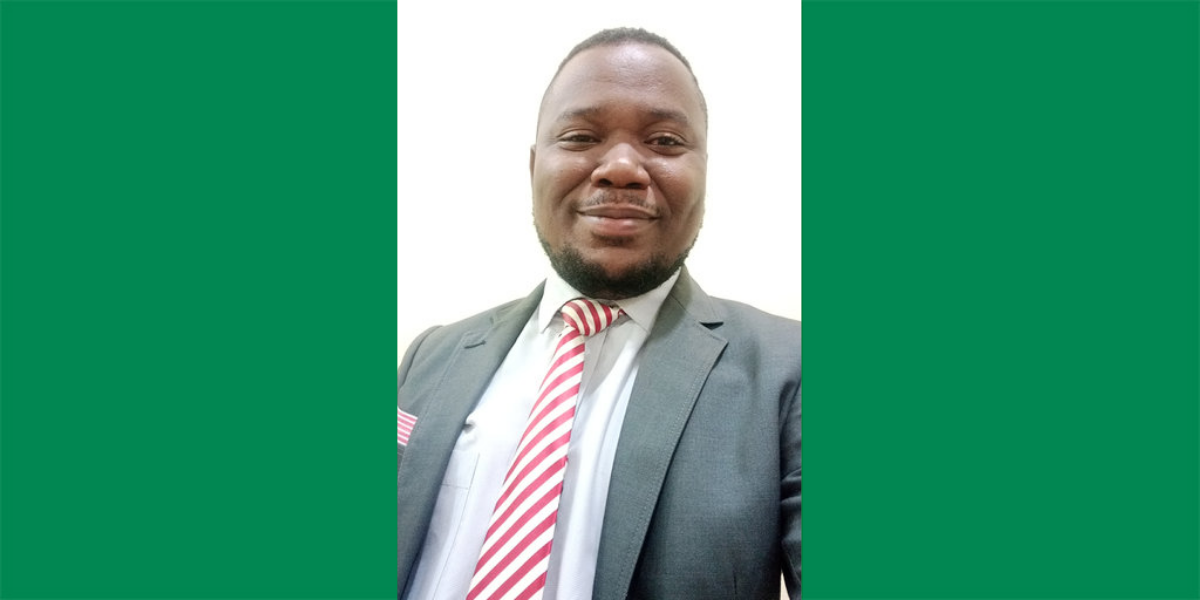
Prof. Jess Davies is a Professor of Sustainability at Lancaster University and the Director of the Centre for Global Eco-innovation. She was originally trained as an engineer and in her PhD her research focused on developing new technologies that help make aircraft and other safety critical systems more reliable. For the past 10 years at Lancaster University, she has been working with people across disciplines on the ultimate safety critical system: the Earth system.
Dr Akanimo Odon recently interviewed Jess to find out a little more about her and her views on research partnerships.
Give us a sense of your current work and affiliations.
In my personal research, I use computer modelling, data science and engineering concepts to understand how humans currently impact ecosystems, and support better decision making relating to soils, land and food in businesses and government. But more broadly, I am interested in all things sustainability and as an engineer driven by a passion for finding good solutions. This is what brought me to my role as Director of the Centre for Global Eco-innovation – in the centre, we’re focused on co-developing and delivering the solutions needed to help ecosystems, economies and communities to thrive together.
The Centre for Global Eco-Innovation is a host of the RECIRCULATE project, but what makes this centre unique to support such a project?
I see the relationship between the Centre and RECIRCULATE as two-way. The RECIRCULATE ethos of collaborative innovation is inspired by the experience that CGE has with this way of working in the North West of England. But RECIRCULATE builds on that model and CGE too is learning from and is inspired by RECIRCULATE and the way you’re building exciting, partnerships that drive sustainability.
What has been your experience with developing and managing strategic partnerships?
Throughout my career I’ve always worked in partnerships – if you’re interested in sustainability and putting things into practice, collaboration is key. I’ve worked with a diverse array of organisations and actors: from global corporates and international organisations like the UN, to national policy makers and bodies like the National Farmers Union, to SMEs, grassroot communities, and charities.
What do you consider are the two biggest challenges to equitable and sustainable partnerships?
A hard question, but two challenges that come to mind today: 1) Funding systems that support working between academia, private sector and civil society aren’t often well geared towards supporting equitable collaborations across sectors and continents. Eligibility rules can make it difficult to distribute resources equitably. Also, the longevity – and as we’ve seen recently, the stability – of funding can be a big challenge for sustainable partnerships. 2) High pressure environments that drive people towards short-term targets and outcomes that don’t value equitable partnerships or understand the work it takes to form them. But to end on a positive note: my belief is that in good partnerships we find ways to keep working together and continually strive for mutually beneficial, equitable grounds – where there’s a will, there’s a way.
We hear of models like co-location, student internships and even co-developing projects with industry, as ways to bridge the gaps between academia and industry. Can you highlight some simple examples of this working well?
At CGE we have a range of partnerships that bridge all of the three modes of supporting collaboration that you mention and more. For example, having businesses such as Small World Consulting co-located on site means that academics and practitioners come into contact much more day-to-day. Over the years, this closer day-to-day connection has meant that we’ve scoped together many student internships, student dissertation projects, PhD projects and other bigger pieces of research and been able to build a bigger shared understanding of each other’s interests, expertise and ways of working.
Any final thoughts please?
Great questions and thanks for asking me to respond. It’s been great to join the Centre as Director this year and get to learn more about RECIRCULATE and the work you do, and I look forward to us continuing to learn together.
All articles in The FLOW are published under a Creative Commons — Attribution/No derivatives license, for details please read the RECIRCULATE re-publishing guidelines.




